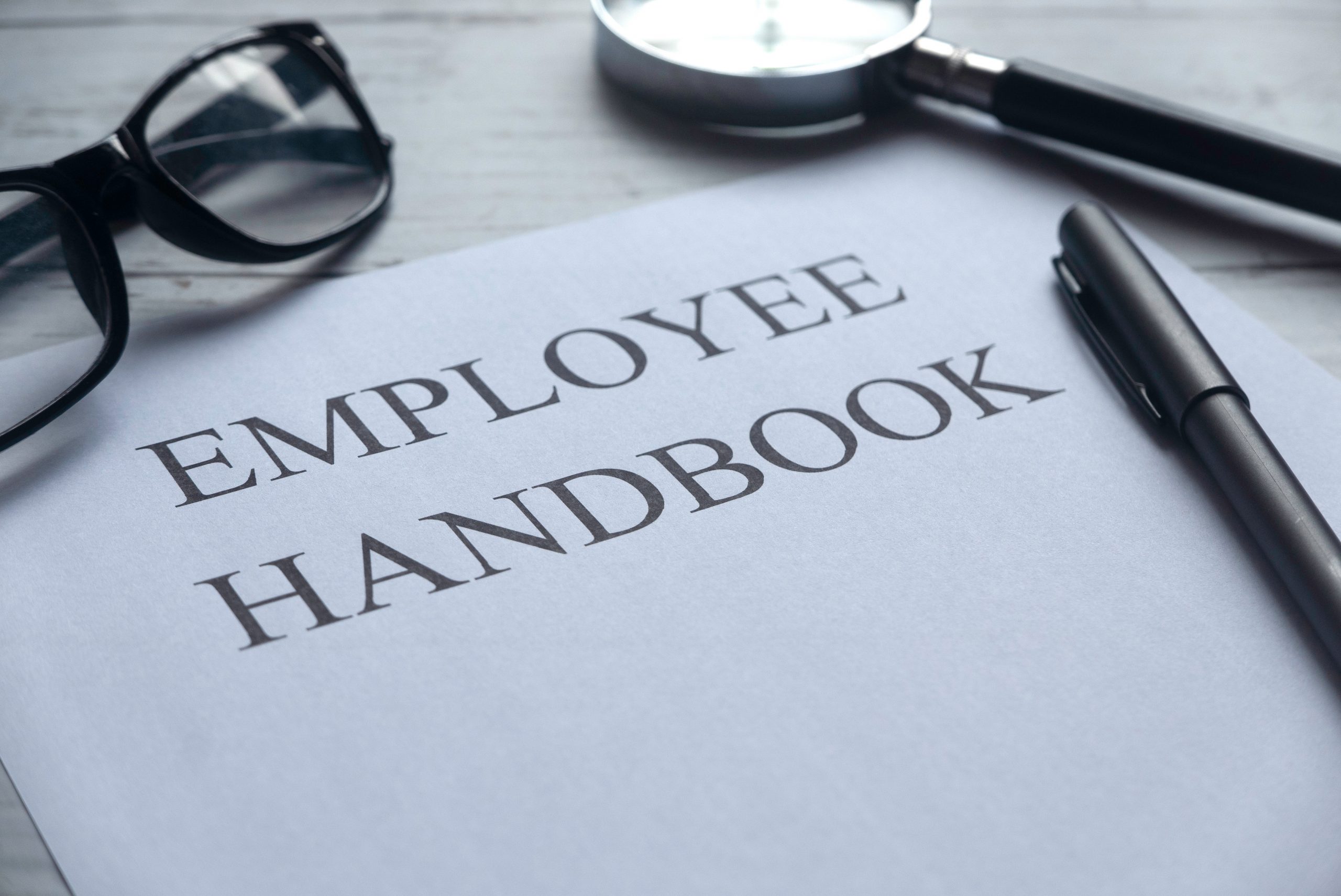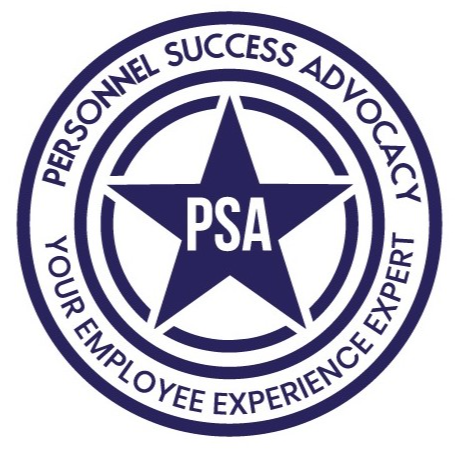
My personal belief is that from a very early age we are instructed not to handle situations on our own; that we should tell someone else, and let them handle it. We are supposed to tell our guardians when our siblings hurt us. We are supposed to tell our teacher when a classmate bully’s us. We are supposed to tell our supervisor if a colleague makes us uncomfortable and we are supposed to tell human resources if our supervisor is inappropriate. As we progress through the different phases of life, there is rarely moments of instruction on what to do when someone tells you about tension they have with someone else. Unless of course we individually take it upon ourselves to acquire the real skills of managing people and crisis.
If there was a conflict in the workplace between two employees, and the manager lacked psychosocial skills to proficiently address the situation, then they are more than likely to label this a personality conflict, in which the two individuals need to work it out on their own, or battle it out, sans supervision or professional guidance. This is an example of the manager deflecting their responsibilities to the employees, and insisting that one, or both of the employees, manage the conflict, which is the role of the manager. If either party came to the manager for assistance and was dismissed, or neglected the company would notice a decrease in productivity (by up to 40% according to Harvard Business Review), employee morale (with 49% higher turnover according to Society for Human Resource Management), and even loss of revenue. The hostile work environment could even spread to other employees, or departments if not handled adequately.
There is a bad habit of managers not wanting to get involved with discomfort among teams, and I personally believe it stems from a lack of education on how to facilitate critical conversations, which is an essential leadership skill.
The first step is to acknowledge the role of the “Someone” or a responsible party. If you have any control over someone else’s working environment, job duties, assignments, or schedule, you are most likely, a responsible party. You may not be at the top of the ladder, but you have the ability to ease someone’s burdens if there ever is an uncomfortable situation. As a responsible party, you are now involved in the situation, even if you don’t want to be.
Make sure your employer has a policy manual (different from an employee handbook) that outlines how to handle complaints, and follow the guidelines. If the company does not have one, get in contact with the Human Resource department. If the company doesn’t have a Human Resource Manager, and doesn’t have a policy manual, and doesn’t have systems in place to effectively manage employees, contact Personnel Success Advocacy for a free consultation. Personnel Success Advocacy possesses the experience, and credentials, to assist small businesses in managing the employee experience succinctly and successfully.
Written by:
Harmony ♪ Hitchner, MHREL,
Certified EEO Investigator & HR Advocate






